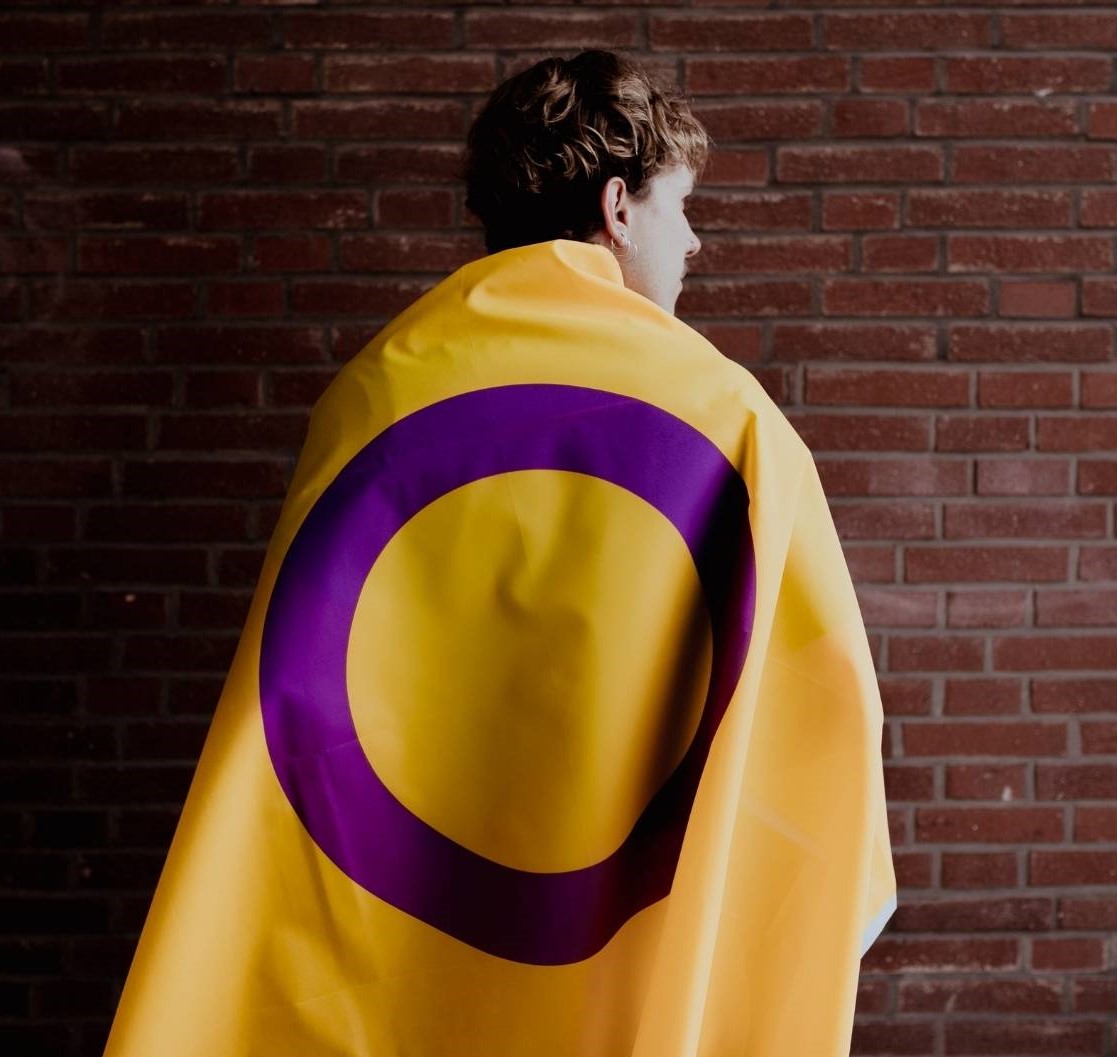Intersex people are among the most vulnerable among the LGBTI population, study finds

A new report from ILGA-Europe in association with OII Europe finds that Intersex people experience some of the highest levels of discrimination and marginalisation of all groups surveyed in the most recent cross-European LGBTI study.
For our latest Intersections briefing, we have partnered with OII-Europe to look deeply into the lived experiences of intersex people across Europe, by disaggregating the responses of intersex people to the 2019 FRA LGBTI Survey II.
For readers who have not crossed paths with this survey before, in 2019, FRA (EU Agency for Fundamental Rights), conducted the second round of the LGBTI Survey which shows how LGBTI people experience their fundamental rights in daily life across Europe and remains the largest survey of its kind to date. For the first time, the survey included the experiences of intersex people and determined that intersex people experience some of the highest levels of discrimination and marginalisation across all groups included in the study.
The key findings
Intersex people are among the most vulnerable groups within the LGBTI population. The survey showed that intersex respondents reported lower levels of life satisfaction and much higher difficulties in making ends meet and housing difficulties. Respondents also reported higher levels of discrimination, as well as distrust in authorities and not knowing how to report discrimination. Finally, they also reported experiencing much higher obstacles to healthcare and higher exposure to physical and, especially, sexual attacks.
Intersex people from marginalised groups are at even higher risk. When your identity is at the intersection of vulnerable grounds, you are exposed to particular forms of discrimination. For example, in this briefing, we found that intersex respondents from ethnic minorities (including of migrant backgrounds) were more likely to experience homelessness and to avoid healthcare services. Trans intersex women were disproportionately exposed to discrimination when looking for work. Non-binary intersex respondents were more likely to feel discriminated against by school or university personnel and intersex people with disabilities reported a dramatically higher incidence of harassment.
Intersex people are subjected to non-vital medical interventions without their informed consent. Nearly two thirds of intersex respondents who were subjected to surgeries did not personally consent to the first decisions about their own bodies, stating that their “parents or someone else” or “no one” gave consent to their first treatment or intervention. This highlights the urgent need for education and training on intersex people’s needs and rights for all medical professionals. Many of these interventions are irreversible and have serious and lifelong consequences for the person.
This report finds that intersex people face significant vulnerability and some of the highest levels of discrimination. We will continue to call on governments and international bodies to ban non-vital medical interventions on intersex people without their informed consent, so the bodily integrity of intersex people is protected, which is their fundamental right.
You can check out the full briefing on intersex people here and previous Intersections reports on older people, youth, and lesbians.